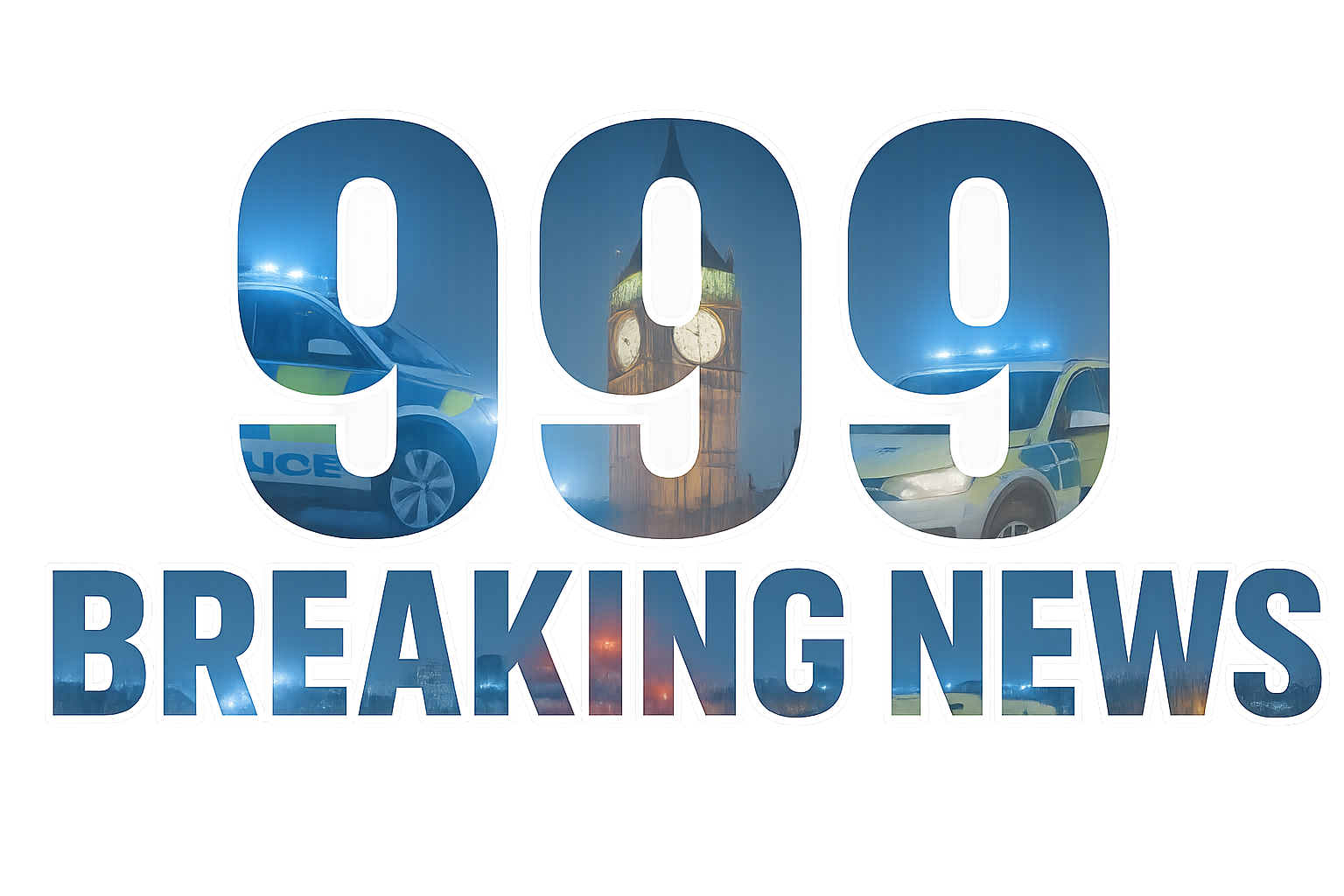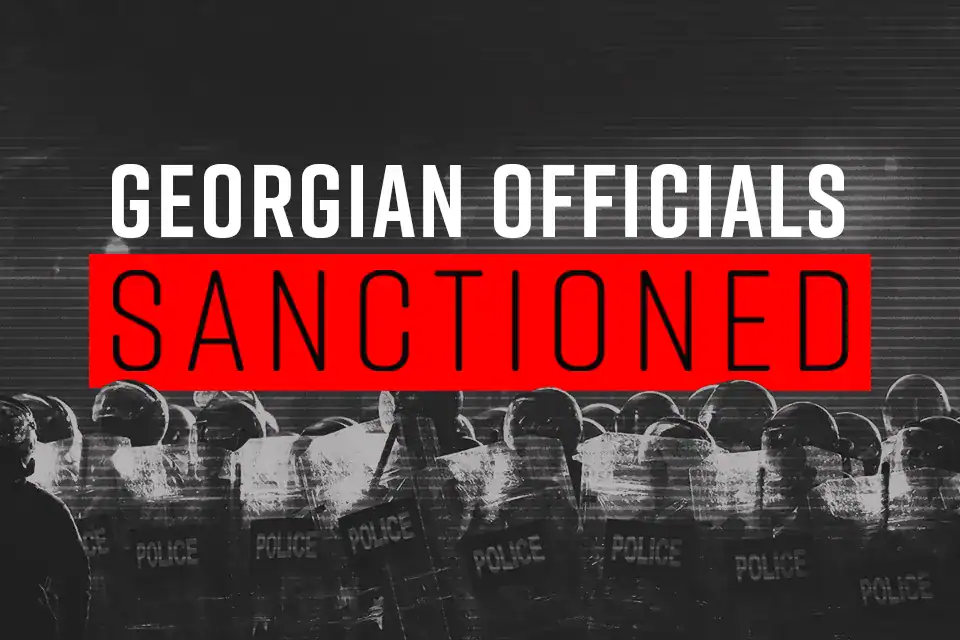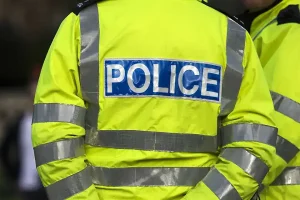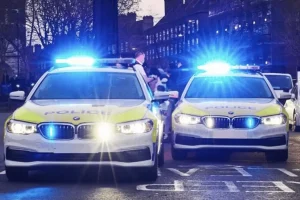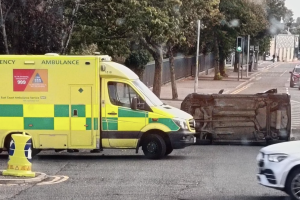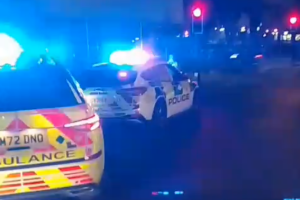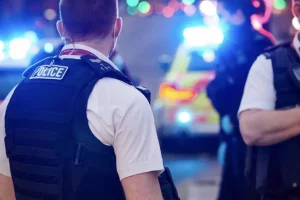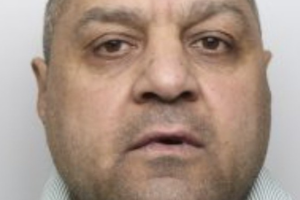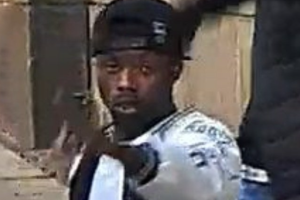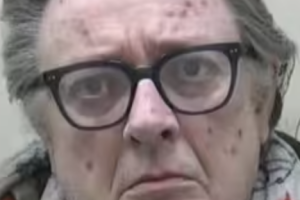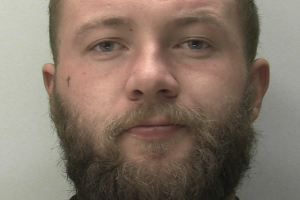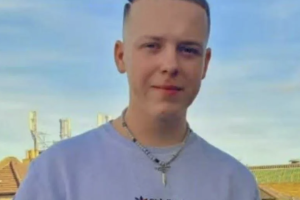The UK government has imposed sanctions on four senior Georgian officials, becoming the first country to take targeted action against individuals accused of enabling human rights violations during ongoing civil unrest in Georgia.
Announced on 10 April 2025, the move underscores Britain’s stance on upholding global democratic values and aligns with the Prime Minister’s Plan for Change, which includes defending human rights and countering threats to national security.
UK Targets Key Georgian Figures
The officials sanctioned by the UK are accused of either orchestrating or failing to investigate violent crackdowns on peaceful protesters, journalists, and opposition figures since the onset of nationwide protests in 2024.
Sanctioned individuals include:
- Giorgi Gabitashvili, General Prosecutor – alleged to have blocked investigations into state violence.
- Karlo Katsitadze, Head of the Special Investigatory Service – accused of ignoring credible abuse claims.
- Shalva Bedoidze, First Deputy Minister of Internal Affairs – reportedly oversaw aggressive police operations.
- Mirza Kezevadze, Deputy Chief of the Special Task Department – linked to violent suppression of demonstrations.
The sanctions include UK travel bans and asset freezes, barring the individuals from entering Britain or accessing UK-based financial services.
Background: Georgia’s Authoritarian Drift
Mass protests erupted in Georgia in 2024 following moves by the ruling Georgian Dream party to introduce restrictive laws and delay progress toward EU integration—a constitutional aspiration for the country.
Instead of addressing public demands, the government launched violent crackdowns on demonstrators. Human Rights Watch reported that over 400 protesters were arbitrarily detained in 2024, with many facing beatings and harassment. Journalists and opposition leaders have also been targeted, further fuelling public discontent.
Foreign Secretary David Lammy said the images of violence were “truly shocking,” adding: “The UK stands with the Georgian people in their pursuit of freedom and democracy. We will not tolerate impunity for those who violate fundamental human rights.”
Legislative Threats and International Concern
In early 2025, Georgian Dream reignited its push for a controversial “foreign agents” bill, drawing comparisons to Russia’s repressive legal framework. Critics argue the legislation could silence NGOs, media outlets, and dissenting voices under the guise of national security.
The Council of Europe and European Parliament have condemned the proposal, warning it would derail Georgia’s EU candidacy and violate international democratic standards.
Diplomatic Fallout
In addition to the sanctions, the UK has:
- Suspended the Wardrop Dialogue, an annual bilateral forum.
- Halted direct programme support to the Georgian government.
- Limited formal engagement with Georgian Dream officials, citing their escalating anti-Western rhetoric.
A £20 million support package for civil society and independent journalism in Georgia is also being redirected away from state agencies.
Reactions at Home and Abroad
The UK’s move has drawn both praise and caution. Social media reactions highlight the emotional divide. On X, a user wrote: “Finally some action. The UK stands up for human rights.” Another cautioned, “Sanctions are powerful, but they risk pushing Georgia closer to Russia.”
Political analysts have echoed these concerns. “If not paired with diplomatic outreach and support for democratic actors in Georgia, sanctions alone may have limited impact,” said Dr. Anna Mezvrishvili, a Caucasus region expert.
British-based NGO Index on Censorship supported the sanctions, stating: “We welcome the UK’s leadership. Georgia must know the world is watching.”
A Window for Justice?
A UN statement in March called on Georgia to launch independent investigations into the excessive use of force, with evidence of state abuse “mounting by the week.” The UK’s sanctions add momentum to this call, though the road to accountability remains uncertain.
Principal Investigator Peter Beirne, involved in earlier UK sanctions strategy, commented: “Targeted measures like these send a clear message—impunity won’t be tolerated. But they must be followed by sustained international pressure.”
How You Can Support Georgian Democracy
- Share awareness: Follow verified sources and support independent Georgian media outlets.
- Contact MPs: Urge continued UK support for human rights in Georgia.
- Support civil society: Donate to organisations that promote democracy and media freedom in the region.
